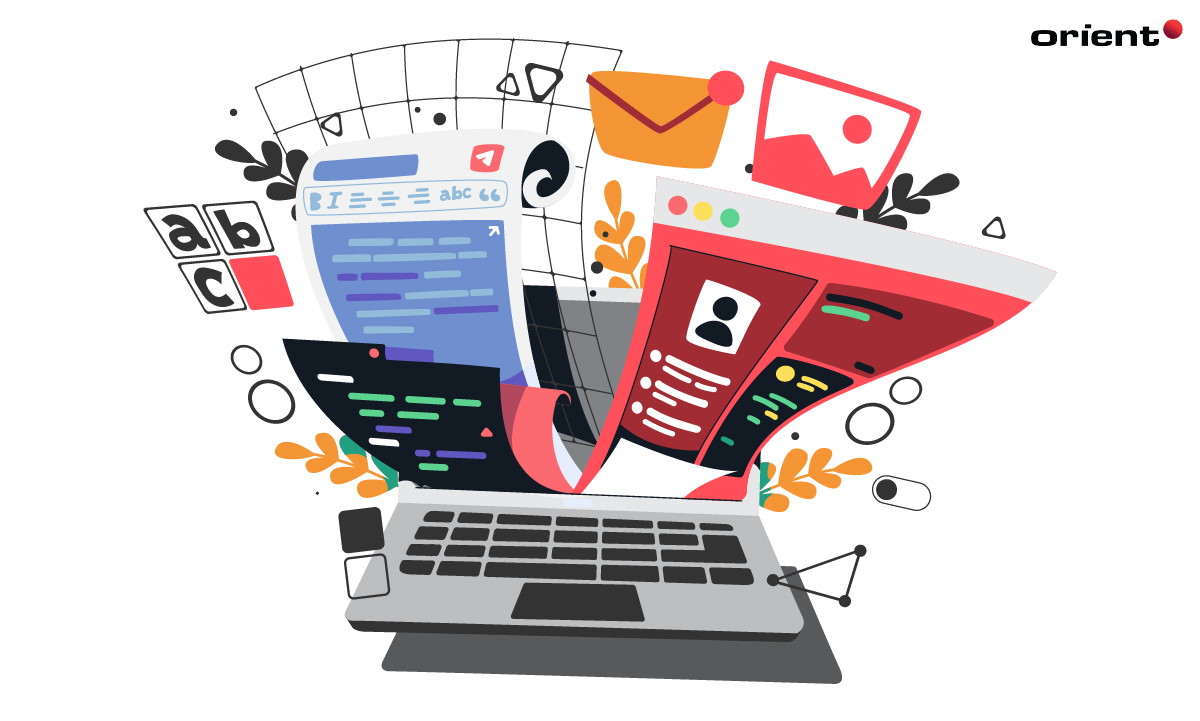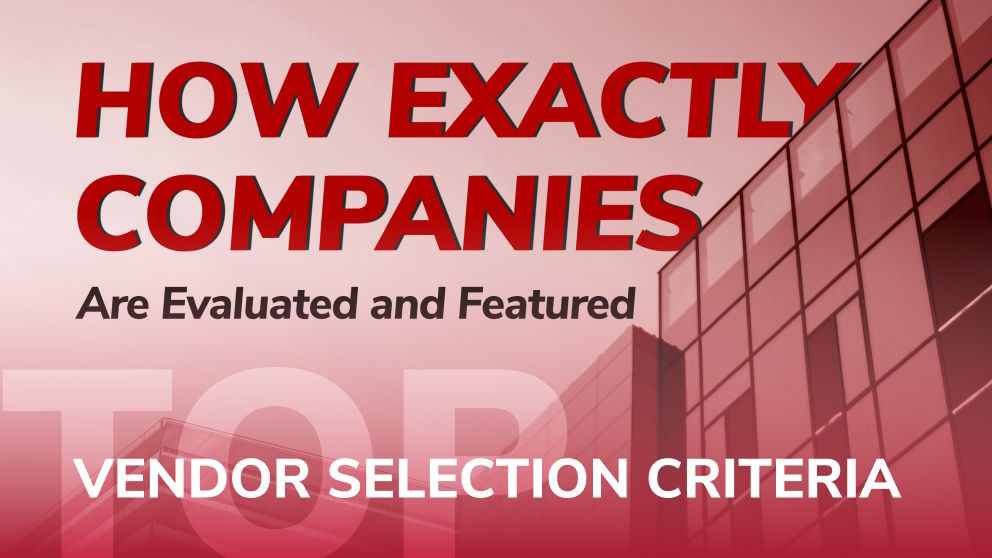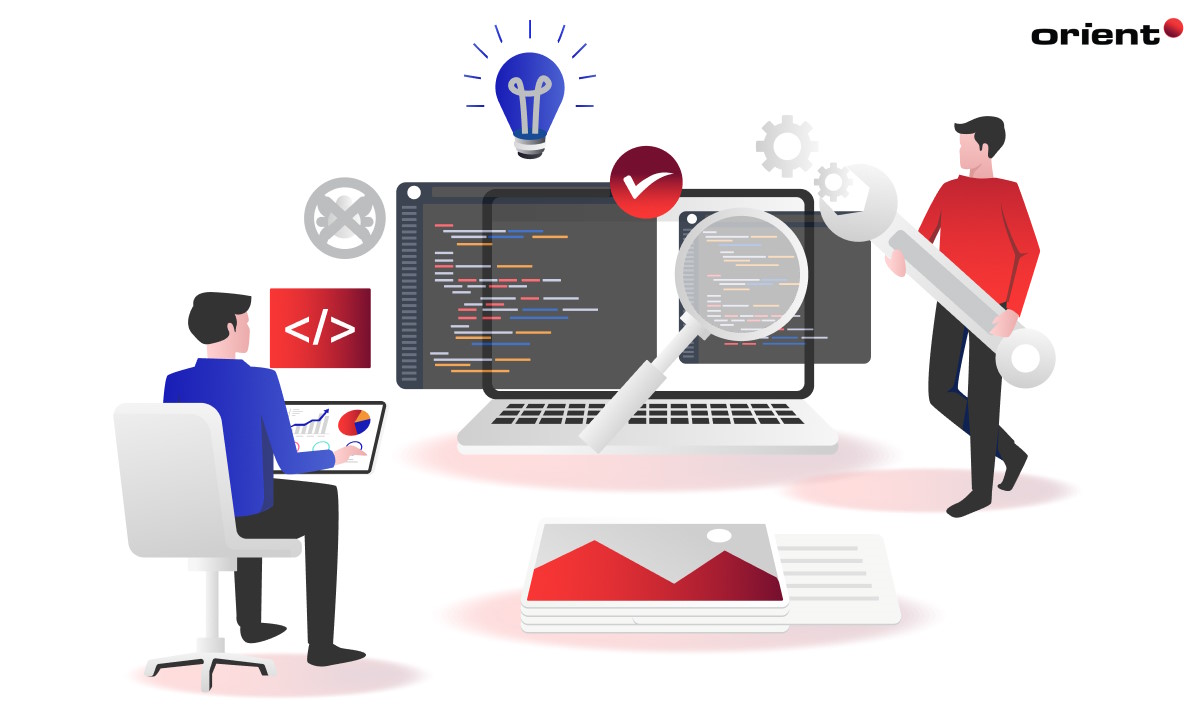Successful Outsourcing Vendor Management in a Changing World

Content Map
More chaptersMost companies have a budget for at least one outsourcing vendor. Your business, too, has probably reached out to one or multiple outsourcing vendors.
If you are only working with a handful of vendors at a time, it is possible to manage them manually. In larger businesses, however, a complete vendor ecosystem requires more sophisticated administration. The sheer number of contacts, products, tasks and other items is a huge challenge.
So, how do you manage contracts with vendors effectively, especially as we are deep in the recession? This article will provide you with tips to navigate the relationships with your outsourcing partners efficiently.
What Is Outsourcing Vendor Management?
Outsourcing vendor management is a discipline that enables businesses to keep costs under control, promote service quality, and reduce risks so they can get more out of their vendors over the course of a deal.
Outsourcing vendor management often refers to how you manage the shared data and relationships with vendors. The two types of management are distinct:
- Vendor relationship management describes a system that enables seamless communication between the client and the vendor, nurturing the growth of a fruitful partnership.
- Vendor information, on the other hand, refers to a system that collects, stores, updates, and examines vendor data.
Why Is Vendor Management Important in Software Outsourcing?
The intricate multi-vendor outsourcing agreements are increasingly complex. Effective vendor management must be in place to supervise all service providers operating in the environment, ensure teamwork, and monitor all the moving parts and ongoing changes to the service delivery models.
Outsourcing software development is a serious and long-term investment for any company, both financially and time-wise. It only makes sense for organizations to prioritize achieving as much value as possible from their third-party vendors who have enduring and crucial roles in building up businesses. Companies can employ vendor management to accomplish their objectives, including maximizing cost-saving potential and accelerating the onboarding procedure.
In order to lower the risk of data breaches and guarantee that the given services are delivered on time and to the required standard, vendors must also be managed properly.
Guide to Vendor Management
It is time to check that each and every service provider in your network has the business resilience strategies required to face the financial storm and reduce the risks of any ensuing service or delivery disruptions.
As we are going through a recession, this may force a vendor to reduce staff, terminate contracts, change their business development initiatives, or reduce investments if they fall short of their financial targets.
The above is only one example of the many challenges a company might face in this time. Following are a number of suggestions regarding how to best manage your vendors in a changing world.
Set clear expectations
Draw a clear picture of what you want your final software product to be like. Go into as much detail as possible in the documentation that is sent out to the vendor - do not keep them guessing. Should anything need to be cleared, do not hesitate to jump on an online meeting to clear things up. If you do not know where to start, this article can provide you with some helpful tips.
After going through the material and expectations, create a shared document so you and your partner can refer back to it when needed, or when an unexpected issue comes up.
Have a dedicated vendor manager
One crucial part of any outsourcing vendor in software outsourcing is a dedicated manager. This person can be a technical team leader, a business analyst, or a project manager.
This person should review the final plan before the project launches. The information one should pay attention to includes the number of team members, timeline, communication methods, and job sequences. Make sure you and your vendor see eye to eye.
Ongoing monitoring for financial and operational disruptions
After the initial stages of planning, you must follow up on the project regularly. Many events can take place between the review sessions. Therefore, to ensure that assessment results are accurate, you should regularly monitor and analyze your vendors’ operational performance, financial data from both public and private sources, and cybersecurity data.
Nonetheless, it is extremely difficult to monitor every source of data manually - the sheer number of data resources is enormous. Hence, using vendor management software is recommended to allow your company to be more proactive in identifying potential third-party business disruptions or financial difficulties.
Proper vendor contract management
In order to get more value from vendors, organizations should take vendor contract management into serious consideration to manage costs, promote service quality, and reduce costly mistakes.
Vendor contract management assists clients in:
- Making wise vendor selections
- Categorizing vendors to ensure appropriate contracts and metrics
- Reducing the risk associated with vendor use
- And so on.
Frankly speaking, it does take a lot of time and energy to efficiently manage contracts. However, by simplifying the processes and procedures, you make it easier to supervise the essential data from the very start. Service Level Agreements (SLAs) and KPIs can be extracted from the contract and act as the ultimate guide to proactively track important indicators. A well-crafted contract that helps your business minimize the consequences when a vendor is unable to fulfil its obligations due to financial difficulties.
Vendor risk management
Half of the outsourcing partnerships end on a sour note due to incompatibility or performance reasons. Outsourcing software development clearly comes with its pros and cons. Businesses that overlook vendor outsourcing face many risks. 87% of respondents to a poll by Deloitte claimed to have had a third-party incident affect business operations. Some of these risks include:
- Third-party data breaches - 58% of companies said they believe they have suffered from data breaches from their outsourcing vendor.
- Non-adherence to agreements.
- Ballooning costs.
- Lack of domain knowledge from the vendor, and so on.
In order to avoid such costly mistakes and disruptions, there are a number of actions you can proactively take to safeguard your business.
Check their domain knowledge and credibility
Inquire about past work samples from the outsourced company. Check out the people they have previously worked with and the kinds of jobs they have undertaken. This information usually can easily be found on their website.
With a Service Level Agreement (SLA) that details the services offered by the outsourcing company and their prices, establish explicit expectations. This will prevent potential quality problems in the future.
To avoid the lack of domain knowledge, stay involved in the product, customers, and domain throughout development. If possible, utilize outside vendors for some but not every aspect of the new product development. Take the time to do a knowledge transfer at the end of the development lifecycle.
In short, your vendor should have the essential industry expertise.
Control your budget
Beware of frequent third-party strategies including spending more money to get more team members onto the project or replacing seasoned “A Team” members with fresher, less seasoned recruits. This will probably result in longer delivery times and less efficiency.
To identify where quality has fallen short, establish a reliable quantitative quality measurement process. Set up a qualitative feedback loop that enables staff to voice any issues, or suggest helpful areas for development.
Choose an operating model for the vendor. In comparison to a fixed pricing agreement, a time and materials agreement typically has a cheaper day rate. However, the third party will have more motivation to produce on schedule under a fixed fee arrangement. This can give you a little more predictability in the situation.
Be aware of the possible data breaches
Before disclosing any private information with the vendor, sign a non-disclosure agreement (NDA) (following your local Intellectual Property law).
Before agreeing to a deal with a vendor, conduct some research on independent review sites. You ought to research the reputation of the seller and any prior violations of the intellectual property rights raised by former customers.
Examine the vendor’s internal risk management procedures, their capacity to protect your intellectual property, and how they would react in the event of a data breach within their own company.
Upgrade Your Outsourcing Vendor Management Game

Relying too much on third-party vendors can leave your business vulnerable. Hence, to safeguard your organization and legacy, take time and energy to invest in managing your vendors effectively. The global economy is constantly changing, and you want to be prepared for it.







